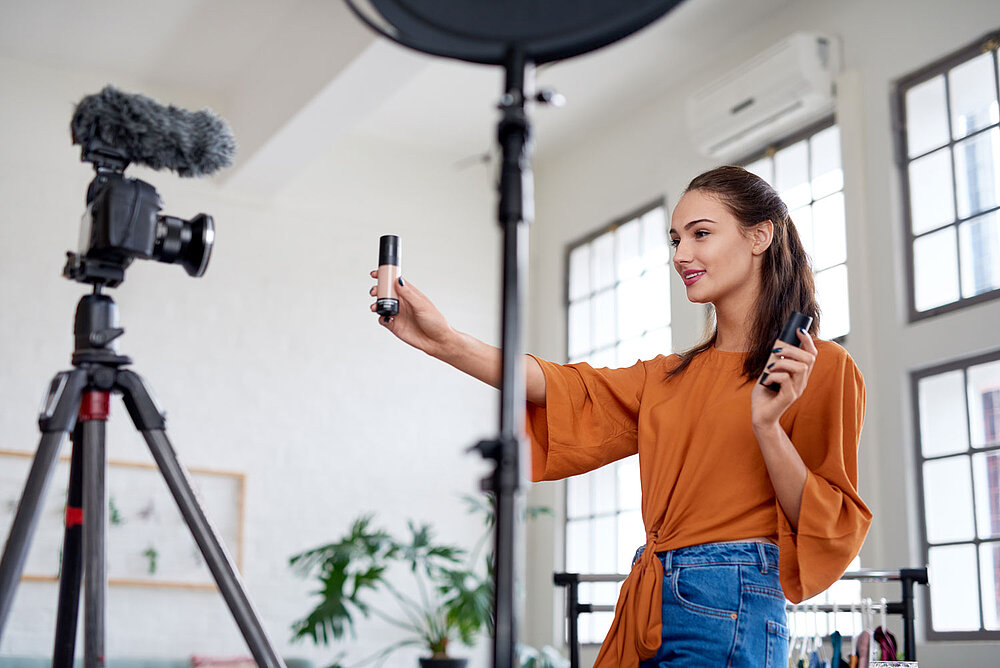Find out today what the legal world will be talking about tomorrow.

Background
With her Instagram channel about beauty, fashion and lifestyle, which has been subscribed to by 1.7 million followers, the Hamburg-based influencer earns her living. She only labels her postings as advertising when she receives payment from companies whose products are shown. Because of this approach, a competition association has taken action against the influencer. The subject of the dispute are three postings in which she referred free of charge to the manufacturers of the products and linked the manufacturers' Instagram accounts. However, the influencer did not identify the postings as advertising.
The decision of the OLG Hamburg: Instagram postings are a business action
In contrast to the Munich Higher Regional Court in a similar case regarding influencer Cathy Hummels (Az. 29 U 2333/19), which negated a business action altogether, the OLG Hamburg qualified the Instagram postings as a business action. The judges of the OLG Hamburg argued that with her postings the influencer had on the one hand pursued the goal of bringing attention to the products of the respective manufacturers and on the other hand of increasing her own image.
The missing labelling is nevertheless not an anti-competitive action, as the court found. Consumers are conscious of the commercial purposes behind the Instagram account of the influencer. The commercial purpose of such postings is easily recognizable due to the professionally arranged content, which receives around 50,000 likes and appears on an Instagram channel, which is accessible for all users. This is the case even if the influencer presents the postings in a private design. In this respect, the Senate drew a parallel with print media: there, too, product recommendations by editors have long been a popular means of sales promotion and do not have to be marked as long as the recommendations are not paid for.
Furthermore, an explicit advertising label is not decisive for a purchase decision of Instagram users. For followers of Instagram accounts, the only decisive factor is which products are advertised by the influencer. In conclusion the Hamburg judges arrived at the same result as the Munich Higher Regional Court in favor of the influencer.
A supreme court decision is still pending
Although there is a positive trend for influencers in case law, there is still no consensus on whether or not advertising must be identified.
The decisions on the influencers Pamela Reif (Az. 13 O 38/18), Cathy Hummels (Az. 4 HK O 14312/18) and Vreni Frost (Az. 5 U 83/18) have indeed specified the competition law requirements for posts in social networks. However, the courts still lack a uniform line.
A decision by the Federal Court of Justice is still pending. Just like the Munich Higher Regional Court, the Hamburg Higher Regional Court has also allowed the appeal. This could soon bring clarity.
Authors



